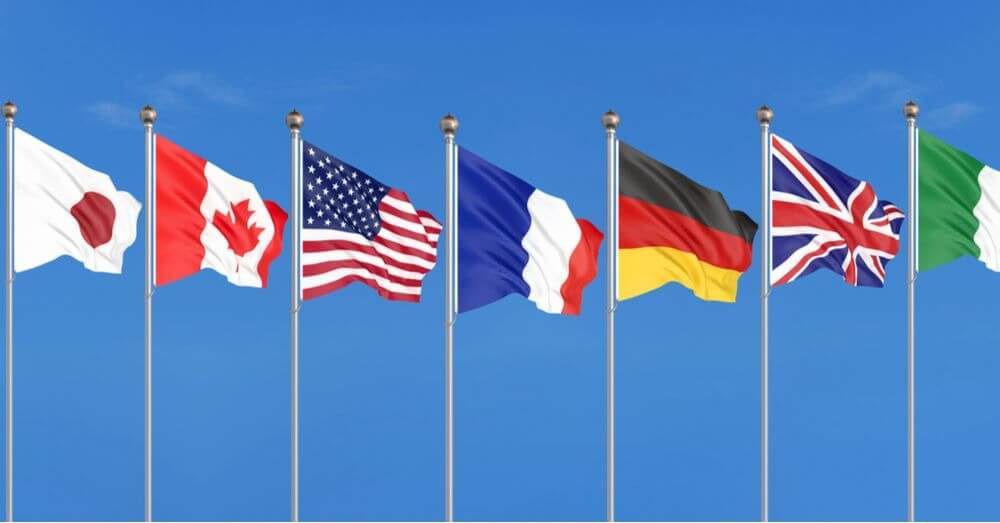
Global financial organisations and 20 of the world’s leading economies will work together to establish official standards for issuing and regulating central bank digital currencies (CBDCs)
In a report published today it was revealed that the World Bank, the IMF and the Bank for International Settlements (BIS) are to put in place regulations and guidelines for the use of CBDC banking systems.
The report revealed that the IMF and World Bank would attain the technical capabilities that would enable them to facilitate CBDC transactions between countries. The two financial agencies intend to properly carry out that function by the end of 2025.
The G20 Financial Stability Board (FSB) stated that the countries would examine the opportunities for new CBDCs, stablecoins regulation and multilateral platforms to solve the issues affecting cross-border transactions. The FSB intends to solve these issues “without compromising on minimum supervisory and regulatory standards to control risks to monetary and financial stability”.
Japanese, European and North American banks have stated that CBDCs should be designed to be interchangeable with the existing fiat currencies. They should also resemble cash in their ease of use and make it easy for people to make payments, with little to no costs involved.
CBDC systems should also be designed to connect to legacy financial technologies, carry out high volume transactions instantly 24/7, be impervious to cyber-attacks and comply with the existing regulations that guide fiat currencies.
According to the report, CBDCs should improve cross-border remittance and counter the effects of digital currencies like Facebook’s Libra. Although CBDCs would be built on distributed ledger technology, they would differ from cryptocurrencies as they wouldn’t be as anonymous and decentralised.
G7 halt Libra launch until stablecoin regulations are ready
Yesterday, central bankers and finance ministers from the seven leading economies in the world (G7) agreed that no global stablecoin project would be operational until the group has put in place relevant regulatory, legal and oversight requirements for them to operate.
The G7, comprising the US, Japan, Canada, Germany, France, Italy and the UK, took the stance that all global stablecoin projects would halt pending appropriate regulatory oversight. According to the group, the main concern is how the stablecoins will comply with anti-money laundering laws, consumer protection and other regulatory issues.
This message by the G7 could mean that Facebook’s Libra stablecoin might not get approval from regulatory agencies around the world. Last year, France partnered with Germany, Italy, Spain, and the Netherlands to stop Libra’s launch in Europe. Now, it seems that Libra would face more significant challenges on the global stage.

